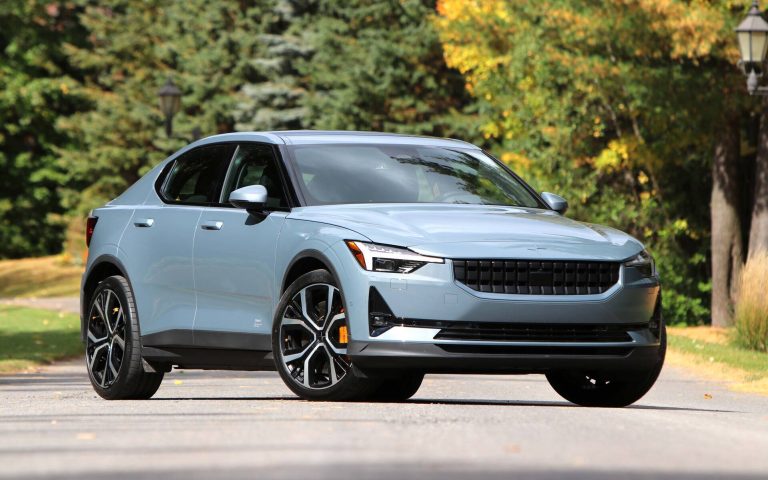Driving is not only a daily necessity for millions but also an ongoing responsibility. Owning a vehicle means keeping up with essential knowledge about road safety, maintenance, and regulations. This auto guide provides a complete overview of everything a driver should know, from buying a car to maintaining it, ensuring safety on the road, and understanding modern automotive technologies.
Choosing the Right Car
Selecting the right vehicle is the first step in the journey of car ownership. Whether you’re purchasing new or used, making an informed decision can save time, money, and stress.
Factors to Consider
-
Budget: Set a realistic budget including purchase price, insurance, fuel, tax, and maintenance.
-
Purpose: Think about your driving habits. Is it mainly city driving, long commutes, or weekend trips?
-
Fuel Efficiency: With rising fuel costs, a car with good miles per gallon (MPG) can make a big difference.
-
Size and Space: Consider the number of passengers and cargo you regularly carry.
-
Technology and Safety Features: Look for features like lane assist, adaptive cruise control, or advanced infotainment systems.
New vs Used Cars
-
New Cars: Come with warranties, the latest technology, and fewer reliability issues but depreciate quickly.
-
Used Cars: More affordable but require careful inspection and may have higher maintenance costs.
Vehicle Financing and Insurance
Car Finance Options
-
Hire Purchase (HP): Spread the cost over fixed monthly payments, ownership passes after the final payment.
-
Personal Contract Purchase (PCP): Lower monthly payments but a large optional final payment if you wish to keep the car.
-
Leasing: You never own the car but can upgrade regularly.
Insurance Essentials
Insurance is legally required in the UK and typically comes in three levels:
-
Third-Party Only: Covers damage to others but not your own car.
-
Third-Party, Fire and Theft: Adds protection against theft and fire damage.
-
Comprehensive: Covers your vehicle as well as others, even if the accident is your fault.
Car Maintenance and Servicing
Regular maintenance ensures your car remains safe, reliable, and efficient.
Basic Checks Every Driver Should Know
-
Tyre Pressure and Tread Depth: Proper inflation improves fuel efficiency and handling. The UK legal minimum tread depth is 1.6mm.
-
Oil and Fluids: Check engine oil, brake fluid, coolant, and washer fluid regularly.
-
Lights and Indicators: Faulty bulbs can result in fines and compromise safety.
-
Battery: Look out for slow engine starts or dim lights.
Scheduled Servicing
Cars should undergo servicing at least once a year or every 12,000 miles. Services typically include oil changes, filter replacements, and inspections of brakes and suspension.
Road Safety and Driving Tips
Safe driving saves lives and prevents costly fines or accidents.
Key Road Safety Rules
-
Always wear a seatbelt and ensure passengers do too.
-
Follow speed limits and adjust your speed for weather conditions.
-
Avoid distractions such as mobile phones.
-
Never drive under the influence of alcohol or drugs.
Defensive Driving Techniques
-
Keep a safe following distance.
-
Anticipate other drivers’ actions.
-
Use mirrors frequently to stay aware of your surroundings.
Understanding MOT and Road Tax
In the UK, cars over three years old must undergo an annual MOT test to confirm roadworthiness.
-
MOT Covers: Brakes, tyres, lights, emissions, steering, and more.
-
Road Tax (Vehicle Excise Duty): Amount payable depends on vehicle emissions and fuel type.
Eco-Friendly Driving and Modern Technology
With environmental concerns and rising fuel prices, eco-conscious driving is becoming essential.
Tips for Greener Driving
-
Accelerate smoothly and avoid harsh braking.
-
Reduce unnecessary idling.
-
Remove excess weight from your vehicle.
-
Keep tyres inflated to the recommended level.
Emerging Automotive Technology
-
Electric Vehicles (EVs): Lower running costs and zero tailpipe emissions.
-
Hybrid Cars: Combine fuel efficiency with reduced emissions.
-
Driver Assistance Systems: Such as automatic emergency braking and lane departure warnings.
-
Connectivity Features: Sat-nav updates, smartphone integration, and vehicle health monitoring.
Common Driving Challenges and How to Handle Them
-
Driving in Rain: Use dipped headlights, avoid heavy braking, and maintain longer stopping distances.
-
Winter Conditions: Carry essentials like de-icer, blankets, and a shovel. Drive slowly on icy roads.
-
Motorway Driving: Stay in the left lane unless overtaking, and be mindful of speed limits and signs.
-
Parking: Practice parallel and bay parking, use mirrors and sensors if available.
FAQs
How often should I check my tyre pressure?
Ideally, check tyre pressure once a month and before long journeys. Under-inflated tyres increase fuel consumption and reduce handling performance.
What happens if I miss my MOT test date?
Driving without a valid MOT is illegal and can result in fines, insurance invalidation, and penalty points on your licence.
Are electric vehicles really cheaper to run?
Yes, EVs generally have lower running costs due to cheaper charging compared to fuel, fewer moving parts requiring maintenance, and government incentives, though upfront purchase prices can be higher.
How can I reduce car insurance costs?
Build a no-claims bonus, increase your voluntary excess, park in secure areas, and compare quotes regularly. Installing a telematics (black box) policy can also help.
Should I service my car at a dealership or independent garage?
Both are valid options. Dealerships may provide manufacturer expertise but independent garages can offer competitive pricing. Always ensure the garage is certified and reputable.


